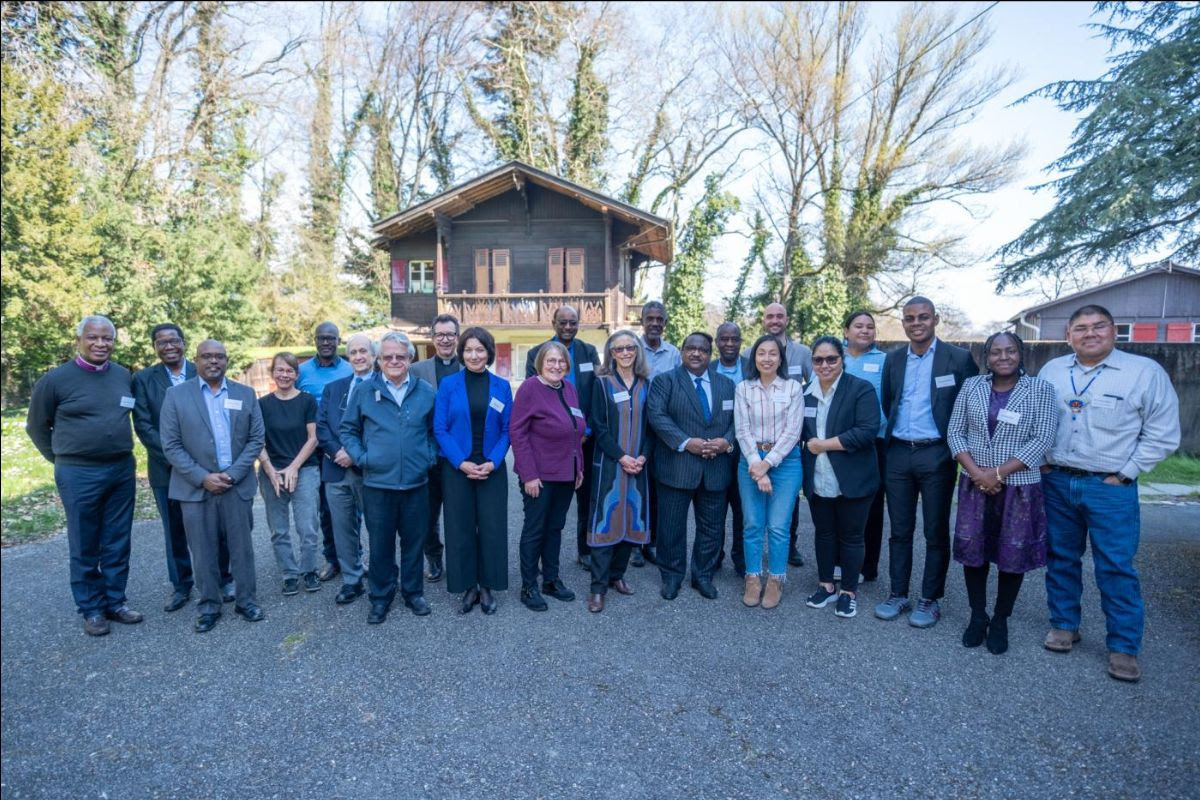The panel highlighted that the wealthiest 10% of the global population generates approximately half of all emissions while controlling more than half of global income and three-quarters of wealth. "Economic freedom from political accountability works against democratic norms. That democracy and free markets need each other is a myth," said Dr Cynthia Moe-Lobeda, theologian and ethics professor at the Church Divinity School of the Pacific, during the meeting. "In reality, our democracy is limited to the political sphere only and does not include the economic sphere. This is dangerous. Limiting democracy to the political sphere is a key cause of inequality." The World Council of Churches (WCC) is leading efforts to reshape economic and financial structures that perpetuate injustice and environmental degradation through its NIFEA initiative, a collaborative ecumenical effort between the WCC, World Communion of Reformed Churches, Lutheran World Federation, World Methodist Council, and Council for World Mission. Iemaima Vaai, Pacific researcher and climate advocate, addressed why NIFEA is needed now more than ever, referencing recent research “Climate Change’s Intangible Loss And Damage: Exploring The Journeys Of Pacific Youth.” "The report analyses the findings from a series of Talanoa discussions with young Pasifika migrants living in diaspora communities," Vaai explained. "It narrates the personal journeys of these young individuals as they cope with the pain of separation from their ancestral lands." Dr Carlos Larrea, economist and environmental researcher, presented stark statistics on global inequality: "The bottom half of the world population receives only 9% of world income and 2% of wealth. Meanwhile, the top 10% concentrates more than half of global income and three-quarters of wealth." He emphasized that "a renewed mitigation strategy is required, creating an environment fund by taxing billionaires." Looking ahead to the Fourth International Conference on Financing for Development in Sevilla, Spain, Dr Barry Herman, international finance expert and former UN staff member, described the event as "an opportunity for the international community to say 'Stop! This is not what we want. We can do better.’ " The NIFEA panel is preparing a communique for this crucial UN conference. Rev. Jenne Pieter, an Asian faith leader who focuses on economic sovereignty, emphasized, "We need a resilient economy. Why is it called resilient? Because it is based on local knowledge and spirituality." The NIFEA program was initiated in 2012 in response to the global financial crisis. The 2025 meeting holds special significance as it falls during a Jubilee year that marks 70 years since the Bandung Conference, where Global South countries sought to create a New International Economic Order. | 



No comments:
Post a Comment